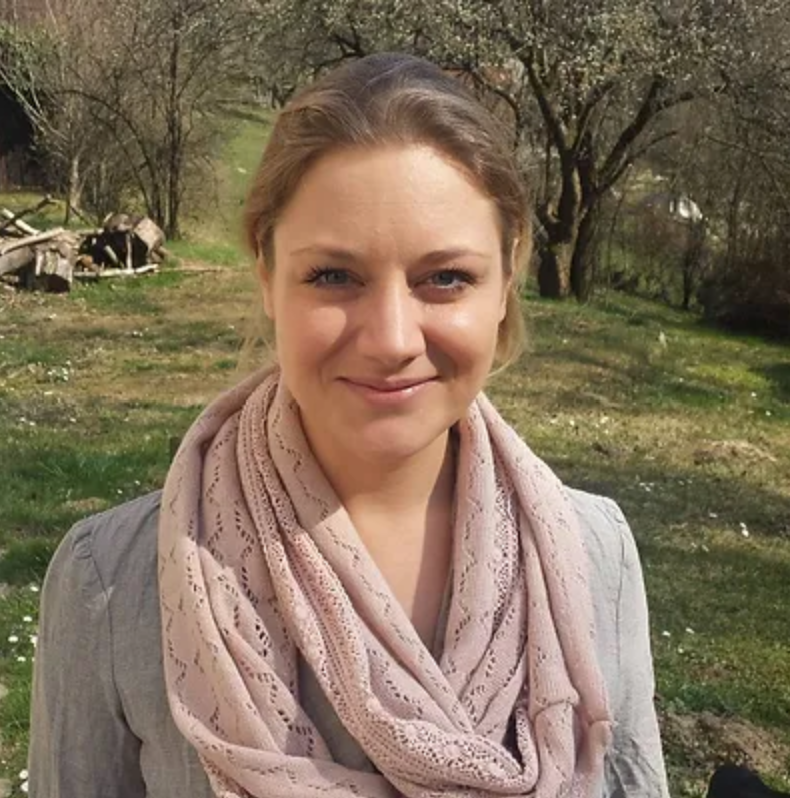Sylvia Ploeckinger
Department for Astrophysics, University of Vienna
“
| Website | www.sylviaploeckinger.com |
| Project Name | A holistic view on (dwarf) galaxy formation |
| Publication Page | https://ui.adsabs.harvard.edu/search/q=author%3A%22Ploeckinger%2C%20Sylvia%22&sort=date%20desc%2C%20bibcode%20desc&p_=0 |
| Field of research | Computational galaxy formation |
| Keywords | Astronomy | Galaxies | Dwarf Galaxies | Dark Matter | Cosmological Simulations |
Using cosmological simulations of galaxy formation to test various theories about dark matter
What is your research about?
Many processes in the Universe occur on enormous scales, both spatial (millions of light-years) and temporal (billions of years). Theories related to cosmology and galaxy formation can therefore typically not be tested in laboratories and observations only show a snapshot of different stages of galaxy evolution. I use modern cosmological simulations of thousands of galaxies to study how galaxy properties are affected by different theories about the dark matter particle. Is dark matter kinematically cold or warm or even self-interacting?
I am an astrophysicist, focusing on galaxy formation using cosmological simulations. For my Elise-Richter fellowship “A holistic view on (dwarf) galaxy formation” I am investigating how galaxies can inform us about the type of dark matter in the Universe. Large-scale simulations that model the evolution of tens of thousands of resolved galaxies over more than 13 billion years are the perfect laboratory to see the effect that different hypothetical dark matter particles, such as cold, warm, or self-interacting dark matter, have on various galaxy properties.
I completed my PhD at the Department of Astrophysics (University of Vienna) at the end of 2014 and afterwards held PostDoc positions at Leiden Observatory, (Leiden University, The Netherlands) and at the Institute for Computational Cosmology (Durham, United Kingdom). From 2019 to 2022 I was working at the Lorentz Institute for Theoretical Physics (Leiden University, The Netherlands), funded through a personal grant from the Dutch Research Council.
Since 09/22 I am back at the Department of Astrophysics (University of Vienna), first through the Marie-Jahoda stipend and at the beginning of
2023 I started the Elise-Richter fellowship.
Why did I become a scientist?
During high school I knew I wanted to do “something with maths and physics” but had a very narrow view of future job possibilities. When registering for University I noticed the astronomy curriculum. After thinking about it for a few minutes, I signed up. At that point I was barely aware that “astronomer” could be a job, but I thought I would start with the astronomy undergraduate degree and continue for as long as I enjoy it. And I still do.
Which scientists do I look up to /who are my role models?
I particularly look up to scientists who manage to combine a successful academic career with a fulfilled personal / family life.
